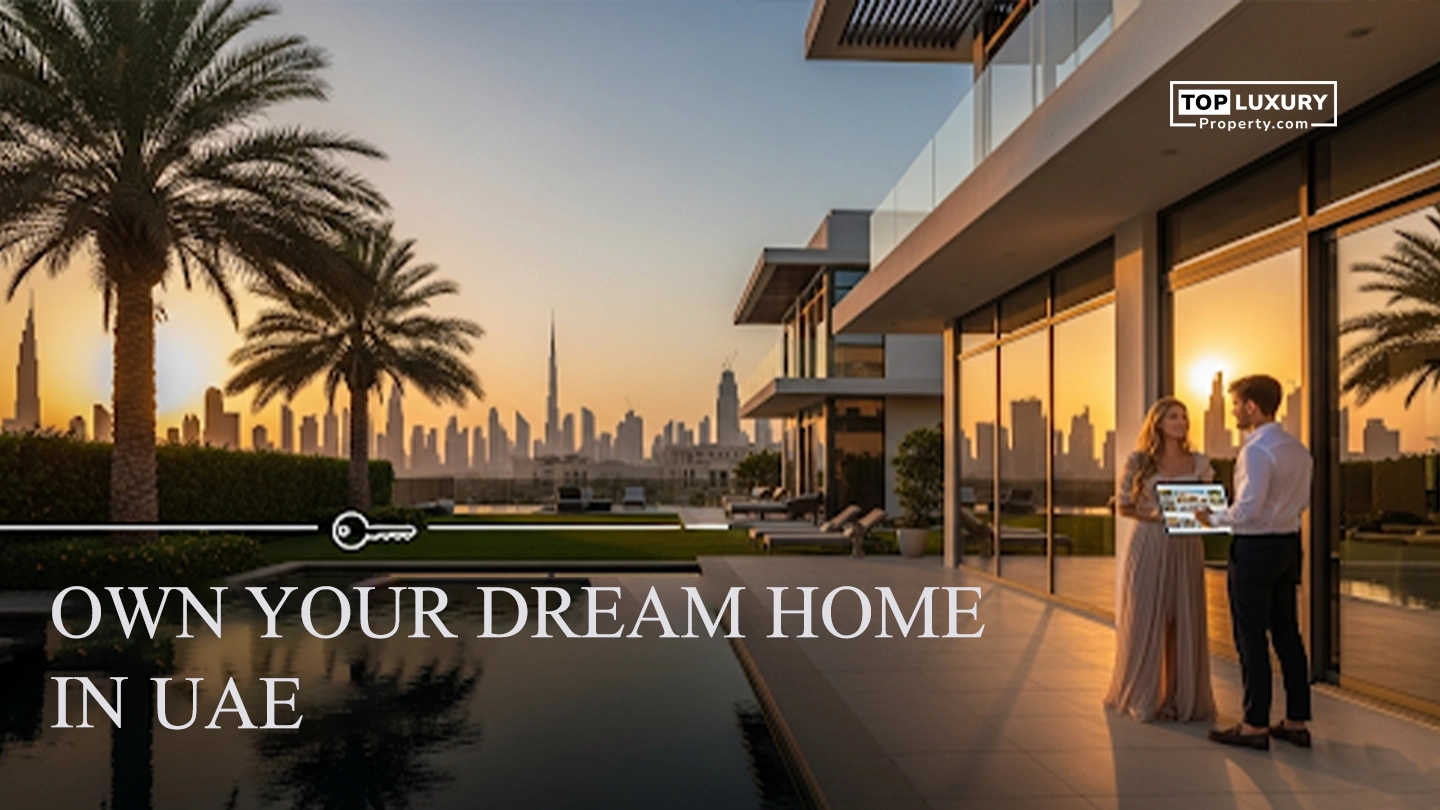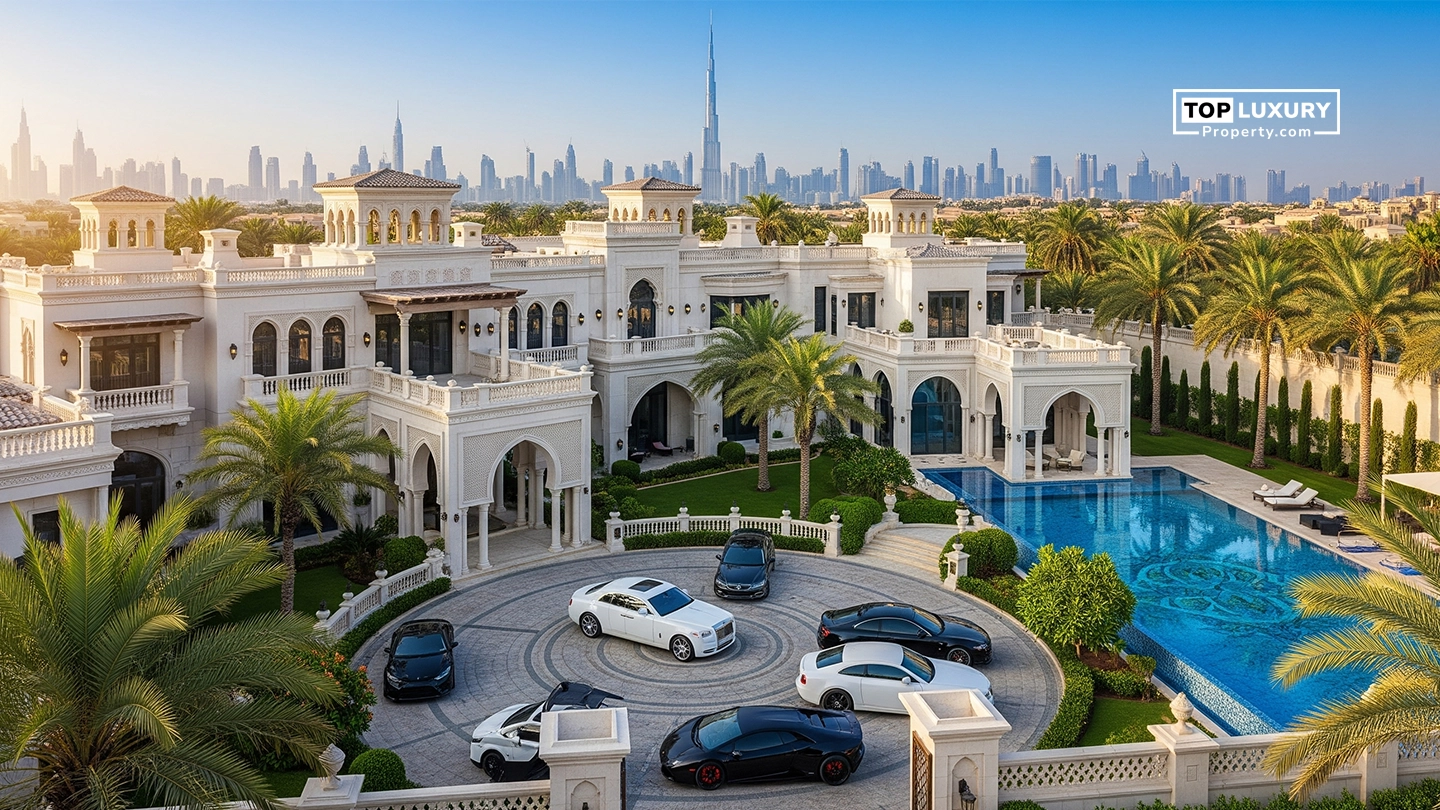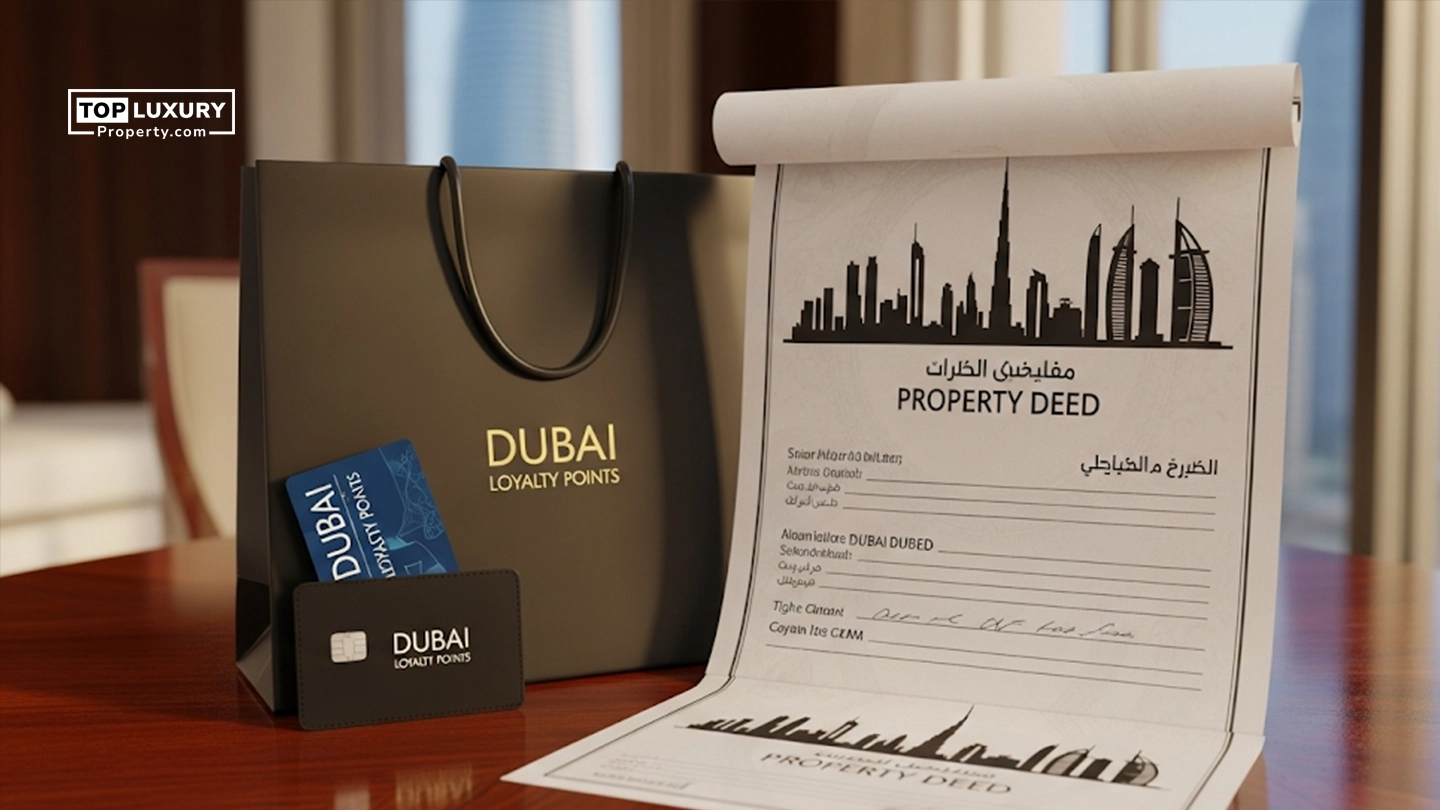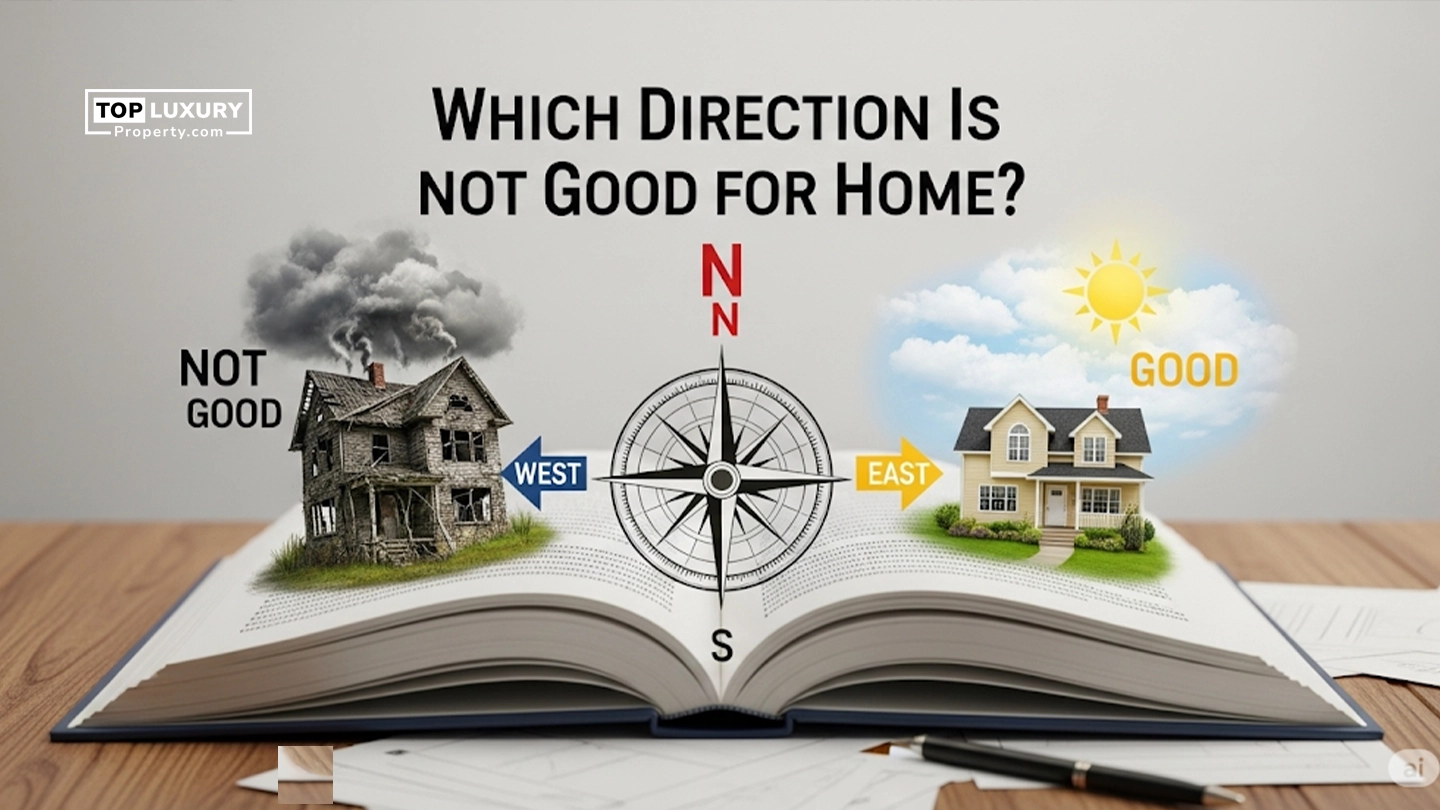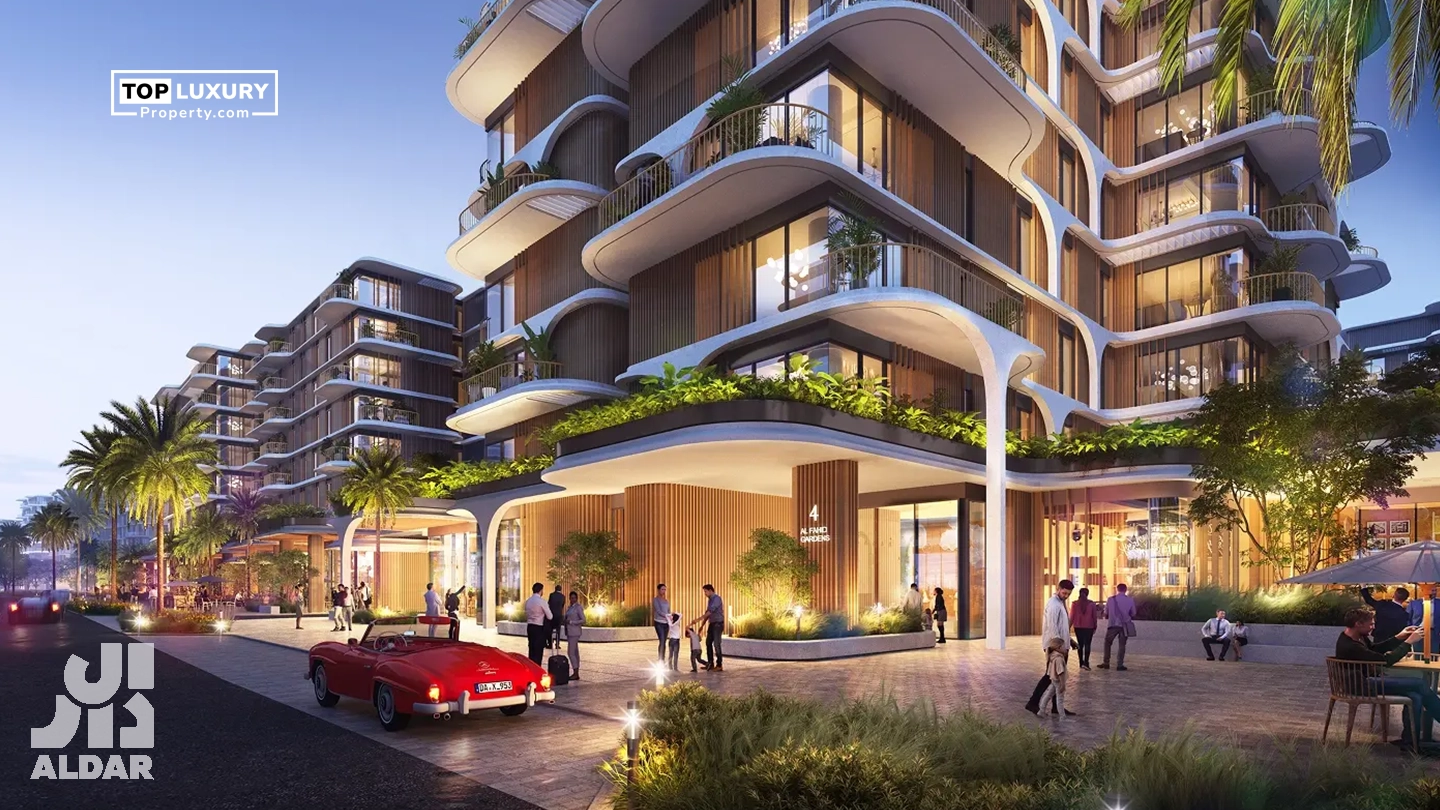Why Invest in UAE Real Estate ?
The United Arab Emirates (UAE) has been recognised as a global hotspot for real estate investments attracting various buyers from all over the world. As a result of its robust infrastructure, business friendly policies, higher rental yields and tax free environment, various expats as well as investors are eager to purchase a property in UAE.
Whether you are making the UAE property investment for personal use or as a long term financial strategy. It is essential to understand the market landscape, legal frameworks and buying process in order to make informed decisions. This comprehensive UAE real estate guide would provide you information regarding everything you are required to know as a property investor in the UAE.
Understanding the UAE Property Market
The UAE property market primarily in Dubai, experienced unprecedented growth in 2024. Dubai had an enormous volume across all markets of 180,000 transactions (36.5% YoY growth), with total sales of AED 762 billion. Property price growth was considerable, with apartment prices rising 18 to 19% and villa prices increased almost 20%. Rental prices rose approximately 16 to 17%, aided by high demand and limited supply. As of the beginning of 2025, the market is still active (including 23% YoY growth in transactions in Q1), and substantial rental yields (approx. 6.9%). Industry analysts expect some price slowdown later in the year, due to new supply (approx. 42,000 projected units in 2025) starting to hit the market towards the end of 2024.
Abu Dhabi, while a smaller market volume wise, did hold steady. In Abu Dhabi, residential prices increased approx. 9 to 11% in 2024, while rental growth increased to over 27% by early 2025 (with apartments leading the way showing over 32% YoY growth). Transaction volume, while increased, did keep declining value in total due to a decline of high end transactions. Gross rental yields continued to be strong, averaging approx. 6.96%, with Saadiyat island leading the charge with villa price increases. Overall, Abu Dhabi was ringing steady in price and yield, while Dubai may be entering a more balanced perspective with new supply hitting the market.
Legal Requirements for Property Ownership
Foreigners can legally purchase property in the UAE. However, foreigners can only buy property in designated freehold areas:
Dubai: Expats and foreigners can purchase freehold property through select areas including Downtown Dubai, Dubai Marina and Palm Jumeirah.
Abu Dhabi: Foreigners can purchase freehold property in permitted investment zones including Yas Island and Saadiyat Island.
Sharjah and other emirates: Each emirate has different rules. Most will only allow foreign leasehold ownership.
Documents generally required include
Valid passport
Evidence of funds or proof of funds pre approval letter (if mortgage)
Emirates ID (if resident)
Sales and purchases agreement (SPA)
Choosing the Right Location in the UAE
Location is fundamental to UAE real estate investment. Your choice should align to your purpose, whether investment, becoming a resident or a vacation home. Here are the Top areas, including popular areas;
Dubai
Dubai Marina
- Market Trends: Higher Rental Yield around 6 to 7% of gross ROI, the property prices range from AED 1400 to AED 2200 spending on tower and views.
- Key facts: High rise luxurious apartments dominate the market providing waterfront lifestyle with the proximity to Bluewaters Island and JBR.
Downtown Dubai
- Market Trends: The average property prices rise approximately to 8 to 10% in the year on year in 2024, the rental yields consist of a high appreciation potential.
- Key facts: The area primarily attracts the high net worth individuals as well as investors and is preferred for premium lifestyle and brand associations.
Jumeirah Village Circle (JVC)
- Market Trends: The demand from mid income tenants increased leading to around 7.5% rental yield, with the average property prices being AED 800 to 1000 per square feet.
- Key Facts: This is a family friendly community, with an increase in the off plan project launches recently.
Abu Dhabi
Saadiyat Island
- Market Trends: The luxury segment of the area consists of 12% year on year price growth, villas and branded residences are majorly focused by the investors.
- Key facts: It consists of beachfront villas and premium apartments which dominates supply and appeals to luxury buyers and cultural investors.
Al Reem Island
- Market Trends: There is a strong rental demand with a rental yield of 5 to 6% and competitive pricing.
- Key facts: This is a high rise living providing city skyline views to the occupants.
Other Emirates
Sharjah
- Market trends: The prices are stable, rental yield varying between 6 to 8% in the new master planned communities.
- Key facts: highly suitable for families as it consists of a wide range of modern residential development.
Ras Al Khaimah (RAK)
- Marker Trends: One of the fastest growing emirate as the property prices were increased upto 15%attracting various international buyers.
- Key facts: Low cost of living and is increasing in popularity with new resorts and developments
When selecting a location, take into consideration:
Proximity to work/school
What the developer is known for
What infrastructure and facilities are nearby
Future growth potential
Types of Properties Available
With all property types in the UAE, it is important to know the diverse property options, to meet lifestyle, budget, and investment needs.
Villas: Villas typically refers to detached homes with plenty of living space, outdoor space, and private pools. They can be found in a gated community or stand alone and are favored by families and people seeking privacy. Popular villa neighbourhoods include Emirates Hills, Arabian Ranches, and Saadiyat Island.
Townhouses: Townhouses are like villas or apartments but land in between. They are typically multi level homes connected to a neighbour by at least one side wall, and come with a small yard, or terrace. Townhouses are popular with families because they are spacious, but also affordable.
Studio apartments: The most compact, single units are studio apartments, which are open plan units. They are ideal for singles, students, or budget investors. They are in high demand in city hubs, such as Dubai Marina, Jumeirah Village Circle (JVC), and Al Reem Island in Abu Dhabi.
1 to 3 bedroom apartments: The most common residential unit type is an apartment with anywhere from 1 small bedroom, to a spacious 3 bedroom home. Apartments are available in quantity from the countless high-rise towers in the UAE, apart from the obvious cost variances, they can be full of amenities, such as gyms, pools, secure parking, concierge services, and so on.
Penthouses: Penthouses are luxurious and located on the upper floors of apartment buildings, they have large living space and cover expansive outdoor areas. They’re suited for high net worth individuals seeking exclusivity.
When choosing a property type, consider your lifestyle, investment goals, and the expected rental yield or resale value
Financing Your Property Purchase
While buying property in Dubai, various buyers opt for cash purchases but the mortgage financing is widely available for both the residents as well as non residents. Some of the basis relating to mortgage is as follows:
Loan to Value (LTV): this is up to 80% for the UAE nationals and 75% for expats.
Interest rates: typically ranges from 2.99% to 4.5% annually (subject to change)
Term: Usually up to 25 years.
Some of the mortgage provided in the UAE are:
Emirates NBD
Mashreq
HSBC
Abu Dhabi Islamic Bank
The tips to consider for mortgage approval:
Have a stable income and clean credit history.
Ensure that the monthly installments do not exceed 50% of income.
Facilitate the comparison of fixed and variable interest rates.
The Property Buying Process
In order to purchase real estate in UAE, the following well defined process is need to be followed:
Step 1: Always be clear regarding your budget and goals, whether you are buying to live, invest or for vacation.
Step 2: If needed secure the pre approval of mortgage before the property hunting in order to strengthen your offer.
Step 3: Choose a property, you can either visit and inspect the properties or can also consider the off plan projects from the reputable developers.
Step 4: Check title deeds, developer reputation and the outstanding dues.
Step 5: Make the final payment, then the title deed will be transferred through the relevant land department.
Step 6: Make sure to pay government fees and registration charges.
Working with Real Estate Agents
When you are looking forward to making an investment in the UAE, prefer to work with experienced agents as they could simplify the buying process and help you find better deals. It is also advisable to choose RERA certified agents in Dubai or licensed agents in other emirates.
While working with a Real Estate Agent, here’s what all you need to expect from them: Ask for the local market expertise with the major property comparisons provided. Further assistance should take place with documentation, look for negotiation and closing support. Avoid getting involved with unlicensed brokers, always prefer to ask the agent for its credentials and references.
Costs and Fees Involved
If you are planning to buy property in UAE, then you should be aware of all the associated costs along with the purchase price. The costs involved in the purchase process are:
| Cost Type | Approximate Rate |
|---|---|
| Property Price | Depends upon the location and size of property. |
| Transfer Fees | For Dubai 4%, For Abu Dhabi 2% |
| Agent Commission | Typically 2% of the property value |
| Mortgage Registration Fees | 0.25% of the loan amount |
| Developer NOC fee | Between AED 500 to 5000 |
| Valuation fee (for mortgages) | Between AED 2500 to 3500 |
| Service Charges (Annual) | AED 10 to 30 per square feet depending upon the area. |
It’s wise to budget an additional 7% to 10% of the purchase price for these expenses.
Residency and Visa Benefits
Investing in the UAE property market leads to providing the benefits of long term residency to the foreign investors. The property investor visa is being provided through the following terms:
3 year Visa: In order to get this visa, investors are required to make a minimum investment of AED 750,000.
5 year Visa: In order to get this visa, the minimum property investment should be AED 2 million.
These visas provide family sponsorship, Renewability and access to Emirates ID along with the banking facilities. Both Dubai and Abu Dhabi promote such programs in order to encourage foreign investments.
Tips for First-Time Buyers
If you are a first time buyer looking forward to invest in the UAE property Market, make sure to consider the following tips:
Research thoroughly: Before committing to any property or location during the investment phase, make sure to research thoroughly through social media, brokers etc.
Avoid emotional purchases: When being involved in the investment process, always invest on the basis of logic and potential ROI.
Facilitate Comparison: Visit as many properties as possible and facilitate a comparison on the basis of amenities, returns and prices.
Developers’s credibility: Check for the past records regarding the real estate projects of developers, majorly for the off plan properties.
Rights: As a buyer you are required to have the right understanding of right in accordance with the local property laws to avoid the occurrence of any frauds.
Conclusion
UAE is considered as one of the most lucrative real estate markets across the world. Whether you are a first time buyer or a seasoned investor or even relocating for a better lifestyle, UAE provides options for all. With the right understanding of the legal framework, costs, location and process a smooth and profitable investment experience can easily take place. If you want to enjoy the benefits of UAE Property Investment you are required to consider this comprehensive guide and make sure to work with the trusted professionals.

